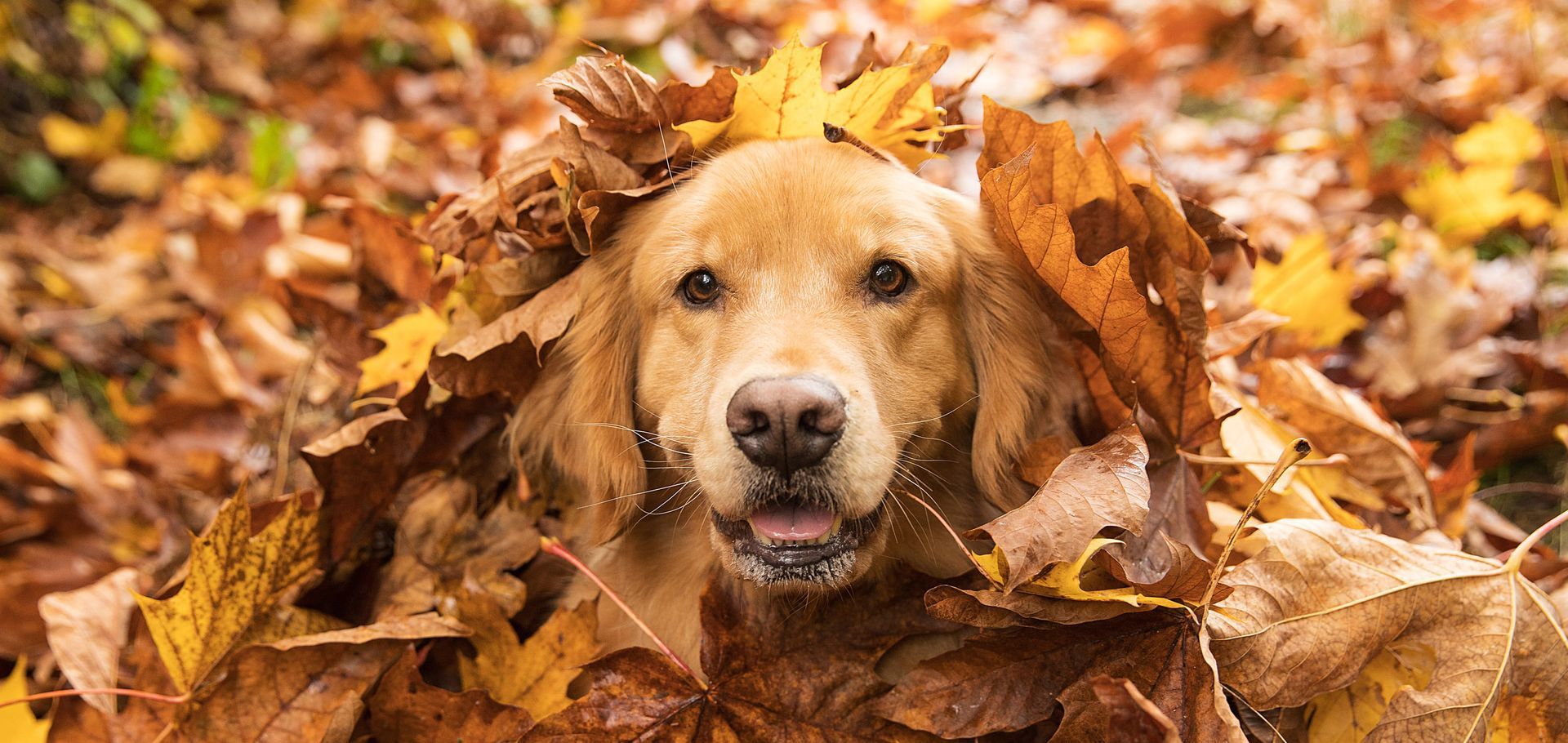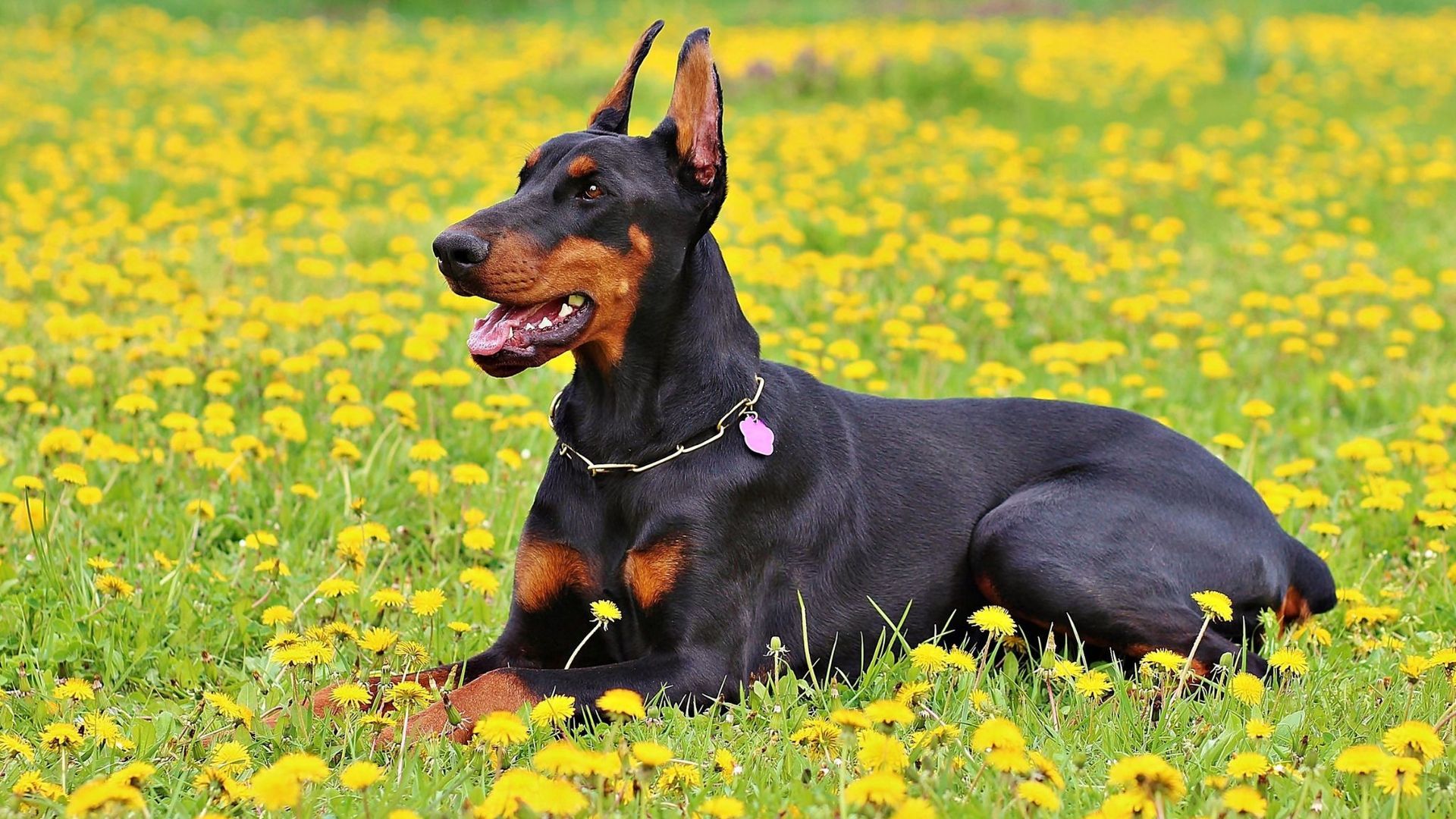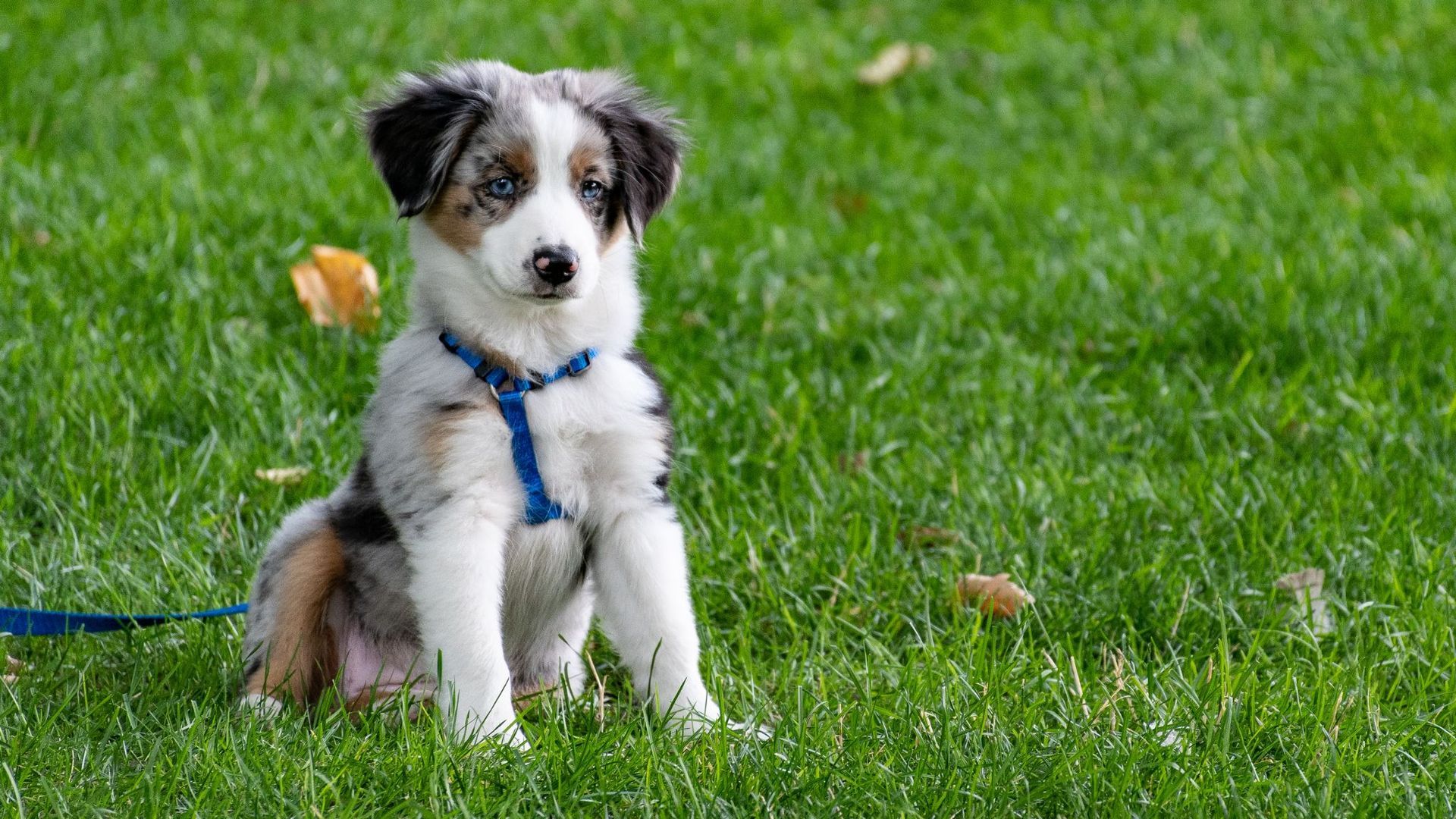
Nothing beats coming home after a long day and being greeted by your canine companion with a wagging tail, bright eyes, and, wait—a parched nose? Yikes!
Given that they usually have cold, wet snouts, it's understandable to be alarmed when you notice that your dog's nose might be dry. Granted, most of us already know that a wet nose is a sign of good health since it keeps our furry friends cool by dissipating some heat, but when should a dry nose be a cause for alarm?
Don't worry; hold that "Why is my dog's nose dry?" question because we'll guide you into everything you need to know when this happens. From uncovering the reasons behind a dog's dry nose to the signs you need to know when to see a vet—we've got you covered. Read on!
What Does It Mean Your Dog's Nose Is Dry
A wet nose is often a good indicator of a dog's well-being, as it shows that your fur friend's hydration level is at its best and its mucus-producing gland is hard at work. This gland is vital as it is pivotal in helping dogs harness their impressive olfactory activities.
However, if your dog's nose seems dehydrated, don't hit the panic button just yet. From changes in weather conditions, exposure to air-conditioning or indoor heating to even just a simple day out in the sun, many environmental influences can sap all the moisture from a dog's nose.
Of course, we cannot rule out underlying health issues, but it's best not to think that every dry snout signifies a distressed dog. Observing other symptoms or consulting a vet is the best route to discern the cause.
13 Possible Reasons Why Your Dog's Nose Is Dry
It's quite easy to panic when you question, "Why is my dog's nose dry?" especially if you have never encountered it before, but it's important to remember that most of the time, it's just harmless and temporary. However, this does not mean ruling out the possibility that they might need medical attention.
That said, here are some possible causes why your fur friend's nose is dry:
Harsh Weather
May it be those winter chills or scorching summers, extreme temperatures can quickly rob your dog's nose of its moisture. Protect them by using dog-friendly balms or moisturizers during such conditions.
Fresh From the Nap
Doggos, after a long nap, can have a drier nose than usual. Don't worry, it’s mostly temporary, and a wet nose should return after some activity.
Dehydration
Dehydration isn't just about thirst. If they aren’t drinking enough, it could manifest as a dry nose. That's why it's important to always have fresh water available for them to drink!
Fever
Just as humans get a dry mouth with fever, dogs can get a dry nose. Be sure to monitor their temperature and behavior to help you gauge their health.
Tiredness
Post-playtime exhaustion, especially under the sun, can result in a dry snout. Lesson: don't let them enjoy too much—encourage breaks and hydration during their playtime!
Allergic Reactions
Allergens, from food to pollen, can cause their nose to dry up. Try to observe other symptoms so you can pinpoint the cause
Sunburn
Dogs, especially those with lighter fur, can get sunburned, leading to their noses becoming parched. You can prevent this with a dog-safe sunscreen!
Dry Eye
A dry eye, medically termed Keratoconjunctivitis sicca, can impact the moisture level in the nose. Have regular vet checkups to catch and treat such conditions early.
Hypothyroidism
Hypothyroidism affects a dog's metabolic rate, which might lead to various symptoms, including a dry nose.
Nasal Hyperkeratosis
This condition involves a crusty buildup on their nose due to an overproduction of keratin. Fret not, though, it's treatable with specialized creams and vet guidance.
Bacterial Infection
Infections can disrupt the normal state of their nose. If you suspect an infection, consult a vet promptly.
Underlying Autoimmune Disease
Conditions like Pemphigus can affect the moisture of their nose. Make sure to have regular vet checkups to help in early detection and management.
Breed Variety
Some breeds naturally have drier noses than others. It's essential to understand the peculiarities of your dog's breed and not stress over what might be normal for them.
How You Can Treat Your Dog's Dry Nose
Addressing your dog's dry nose can often be done at home with a few simple treatments or changes to their environment:
- Ensure they have access to fresh water at all times.
- Use dog-safe moisturizers or balms.
- Reduce their exposure to extreme weather.
- Use a humidifier indoors during dry seasons.
- Ensure they're not exposed to allergens.
- Regularly check for signs of infections or other health concerns.
When to See a Vet For Your Dog's Dry Nose
While a dry nose can be pretty harmless, looking for persistent dryness, cracking, or other symptoms like loss of appetite, lethargy, or any behavioral changes is still important. If you think something is wrong, trust your instinct when you need to see a vet. After all, it's always better to be safe and ensure your canine companion's well-being!
Conclusion
A dog's nose is more than just an adorable feature; it's a barometer for their health and well-being. While a dry nose isn't always a cause for concern, knowing when it might be is crucial. Now, the next time you ask, "Why is my dog's nose dry?", at least you know when to be alarmed or when just to see it as a normal thing, right?
That said, you can never go wrong with having
regular check-ups to see if your dog is always at their best health—after all, prevention is better than cure, right? When something seems off, don't hesitate to let your furry companion have their
well-deserved care and help by
scheduling an appointment with
Brewerton Hospital for Animals. Here's to pledging to always be on the first line of defense regarding our pet's health!
SHARE THIS ARTICLE




